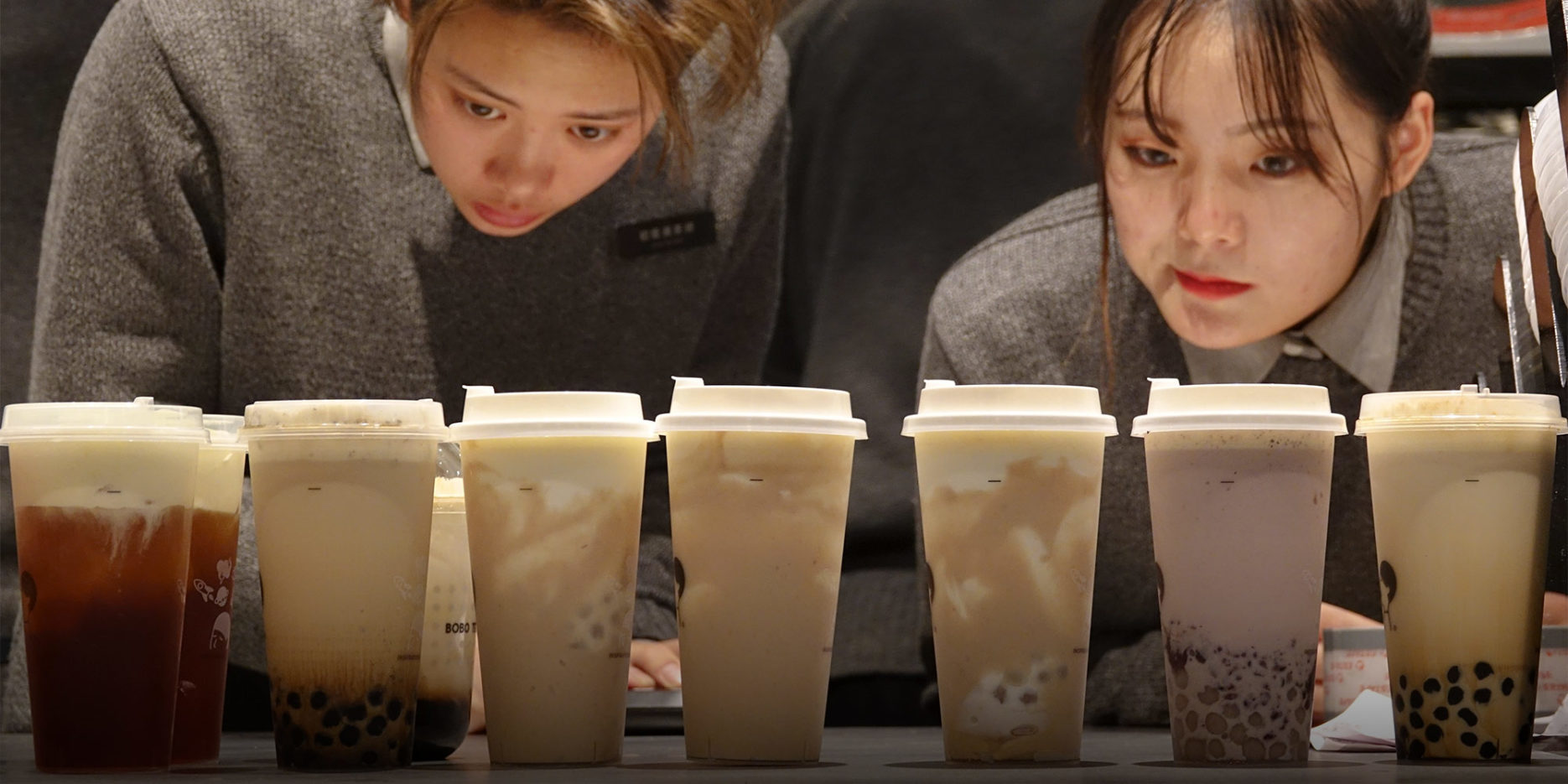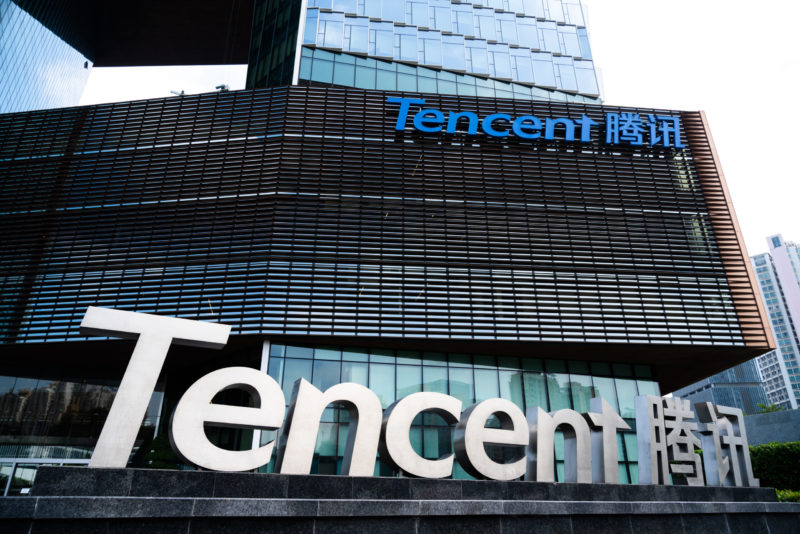One of China’s most beloved bubble tea brands, Chayan Yuese (or SexyTea), has revealed its closure of 87 physical stores over the course of this year so far, after three rounds of downsizing its business.
The first wave of closure was at the start of the year when China was still under the mist of COVID lockdowns and citizens were urged to stay local during the Chinese New Year. While the second round was around the end of July, when the virus flared up in the country, and the third one just took place most recently.
The hit by Covid-19 on businesses such as this has been sizeable, even with delivery being readily available, the impact on businesses reliant on frequent visitors to stores has taken its toll.
Such a large scale of the frequent shutdown has shocked fans of this low-key but popular milk tea brand. Born in 2013, in the city of Changsha in Hunan province, Chayan Yuese has soon grown into an Internet-famous bubble tea brand, with customers reportedly queuing up for eight hours for a cup of drink. Herein we can see, in advance, one of the reasons that the brand has made such a downturn with the pandemic.
As the bubble tea brand seems to prefer staying local, and not keen to expand operations beyond its birthplace, it has spawned professional “daigou”, or purchasing agents. These are people who would commute for milk tea lovers from other cities, in exchange for “considerable” agent fees, creating their own delivery economy around the brand.
It was not until late last year that the brand opened stores in another Huanan city, Changde, and Wuhan in its neighbouring province.
Such operating strategy might have made the tea shop more vulnerable in the event of the pandemic, where rigorous restrictions have been imposed on travelling in China, even intercity travel has been operated with limitations.
On top of that, the brand’s ambition to leverage the guochao trend and establish its own cultural IP (Intellectual Property) by incorporating traditional Chinese drawings into its product and shop designs has turned out to be problematic too.
Although this practice has successfully differentiated Chayan Yuese from its peers and makes it hard for rivals to replicate, the business has been burnt by the cost poured in to obtain copyright of artwork. While the purchasing agents have pushed up the final price, the tea shop has generally remained its price unchanged, giving itself limited space to offset its cost.
In addition, China’s bubble tea industry has come under consumer security concerns following several food security issues found at some tea shops, including Nayuki for using spoiled fruits, and Cha Bai Dao who was called out for using expired ingredients too.
These scandals might have put off some Chinese bubble tea drinkers and made other consumers wary when choosing from these brands’ products. While the external circumstance might have also played a role in Chayan Yuese’s dilemma, the brand should review its internal strategies in order to weather the impacts left by both the pandemic and by the industry.
Read more:









